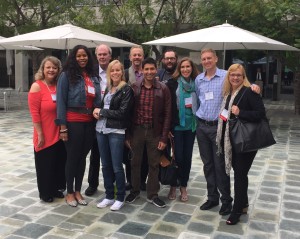 Around 20 Media Psychology students and faculty gathered this week at Digital Hollywood Los Angeles, a series of workshops on the place where technology and entertainment collide.
Around 20 Media Psychology students and faculty gathered this week at Digital Hollywood Los Angeles, a series of workshops on the place where technology and entertainment collide.
Students converged on the conference from Texas, Las Vegas, and Northern and Southern California for a cluster meeting, to attend workshops, and for both professional and academic networking.
“We take the scholar-practitioner model seriously,” said program faculty Garry Hare, PhD, who spoke at the first Digital Hollywood event 24 years ago. “So we bring students here to see the breadth of things they might be involved in on the practitioner side–to orient them to the field, get them internships, introduce them to people who can help them.”
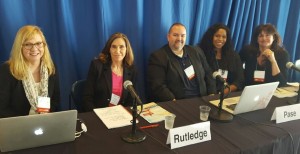 Fielding students and faculty were panelists for two well-attended sessions on virtual reality. At right (from left), Program Director Jerri Lynn Hogg, faculty member Pamela Rutledge, and adjunct faculty Shane Pase, Tunisha Singleton, and Linda Durnell made up the panel for Stealth VR through the Application of Neuroscience and Cognitive Psychology. (Watch the panel here).
Fielding students and faculty were panelists for two well-attended sessions on virtual reality. At right (from left), Program Director Jerri Lynn Hogg, faculty member Pamela Rutledge, and adjunct faculty Shane Pase, Tunisha Singleton, and Linda Durnell made up the panel for Stealth VR through the Application of Neuroscience and Cognitive Psychology. (Watch the panel here).
In VR Design with the Mind in Mind: Presence and Reality, Fielding alum and media strategist Cynthia Lieberman, MA, showed how virtual reality can be used to promote empathy and spark social change, and PhD student and media technologist Matthew Price explained the concept of “presence” in virtual reality: when you get sucked into a narrative, as you might with a great book or engrossing play, and everything outside of that world seems to disappear. (Watch the video.)
Gregg Moore, a student new to the PhD program, found the conference discussions inspiring. “Every time I learn something more about media psychology, I get really excited about it,” he said.
Moore has a master’s degree in communication, and came to Fielding to dig deeper into his field. “The psychology and technology aspects really excited me,” he says, “because it’s not just knowing what works in communicating–it’s learning and researching how and why it works.”
Join Over 7,500 Fielding Alumni Located Around The World!
Change the world. Start with yours.™
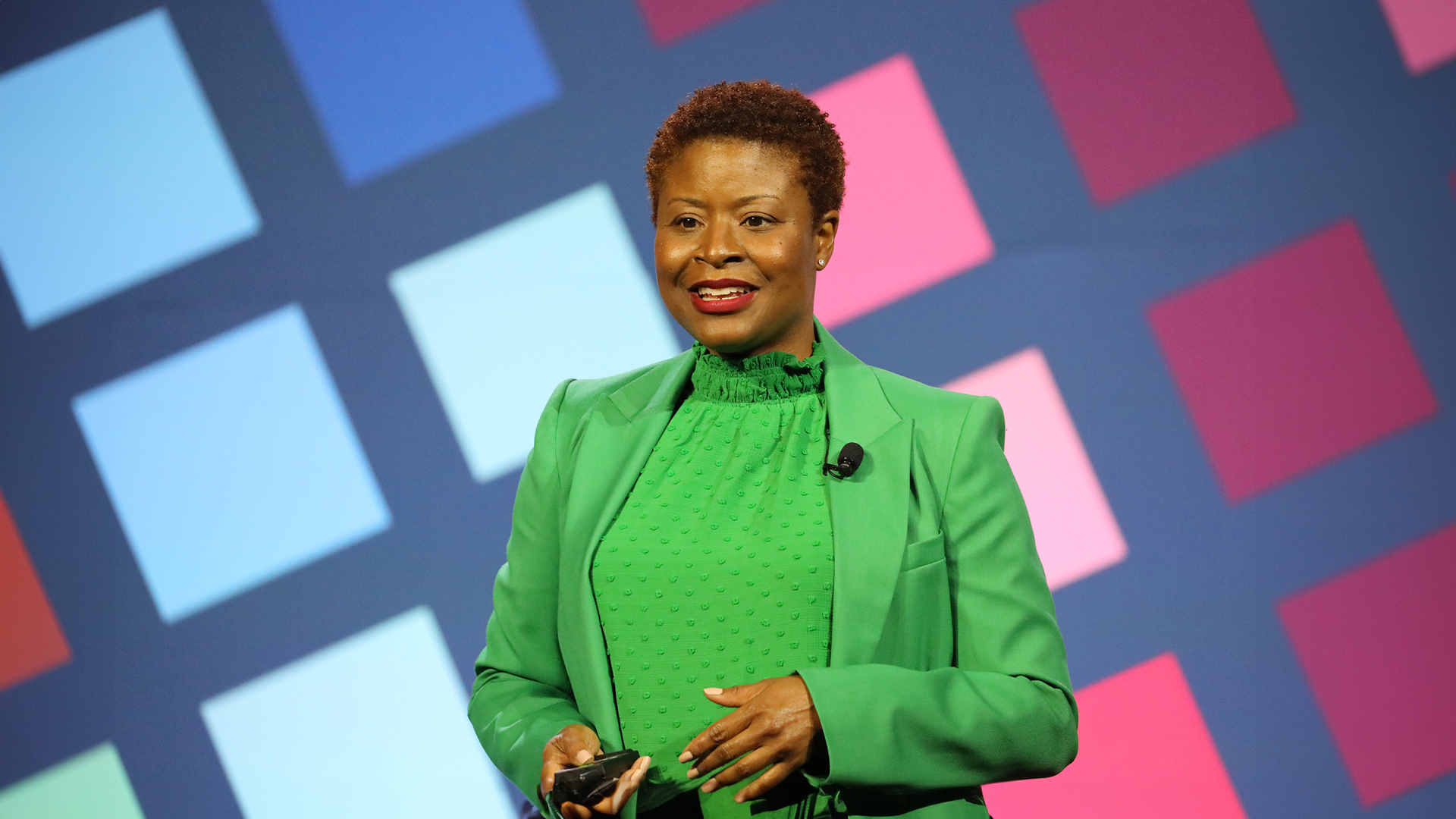
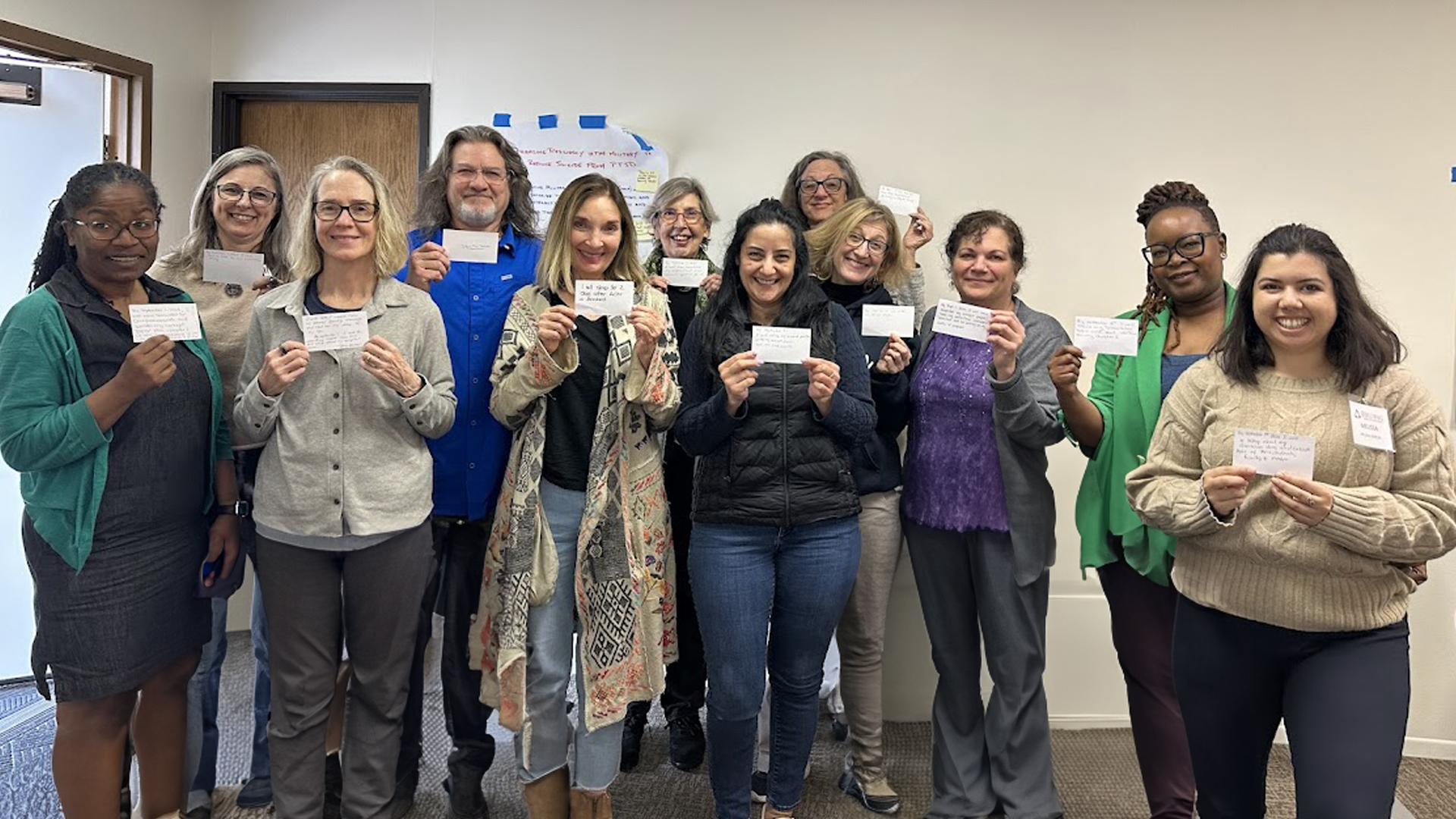
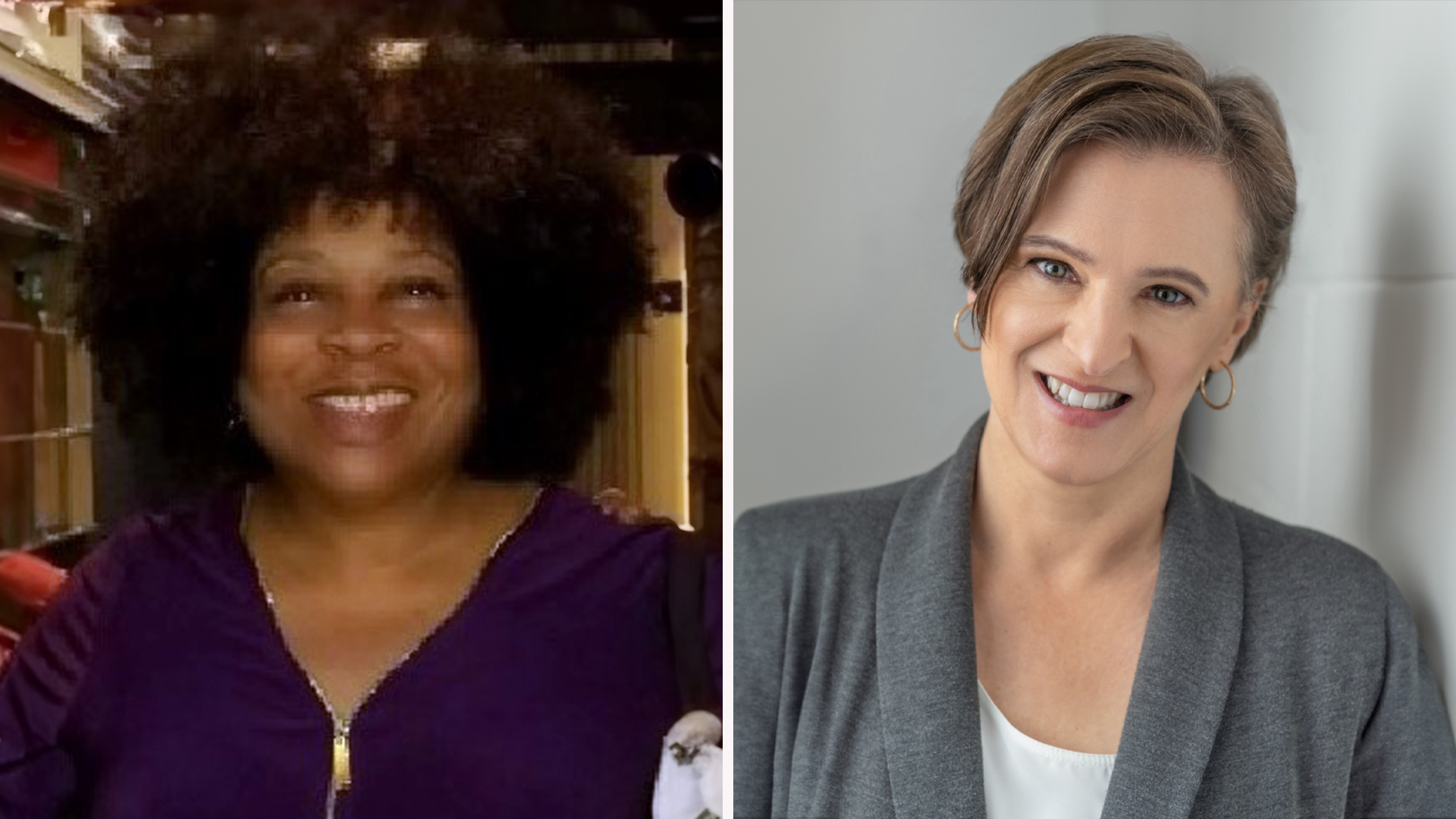



Get Social